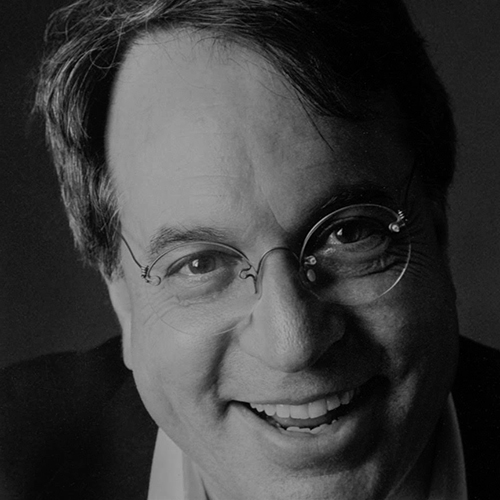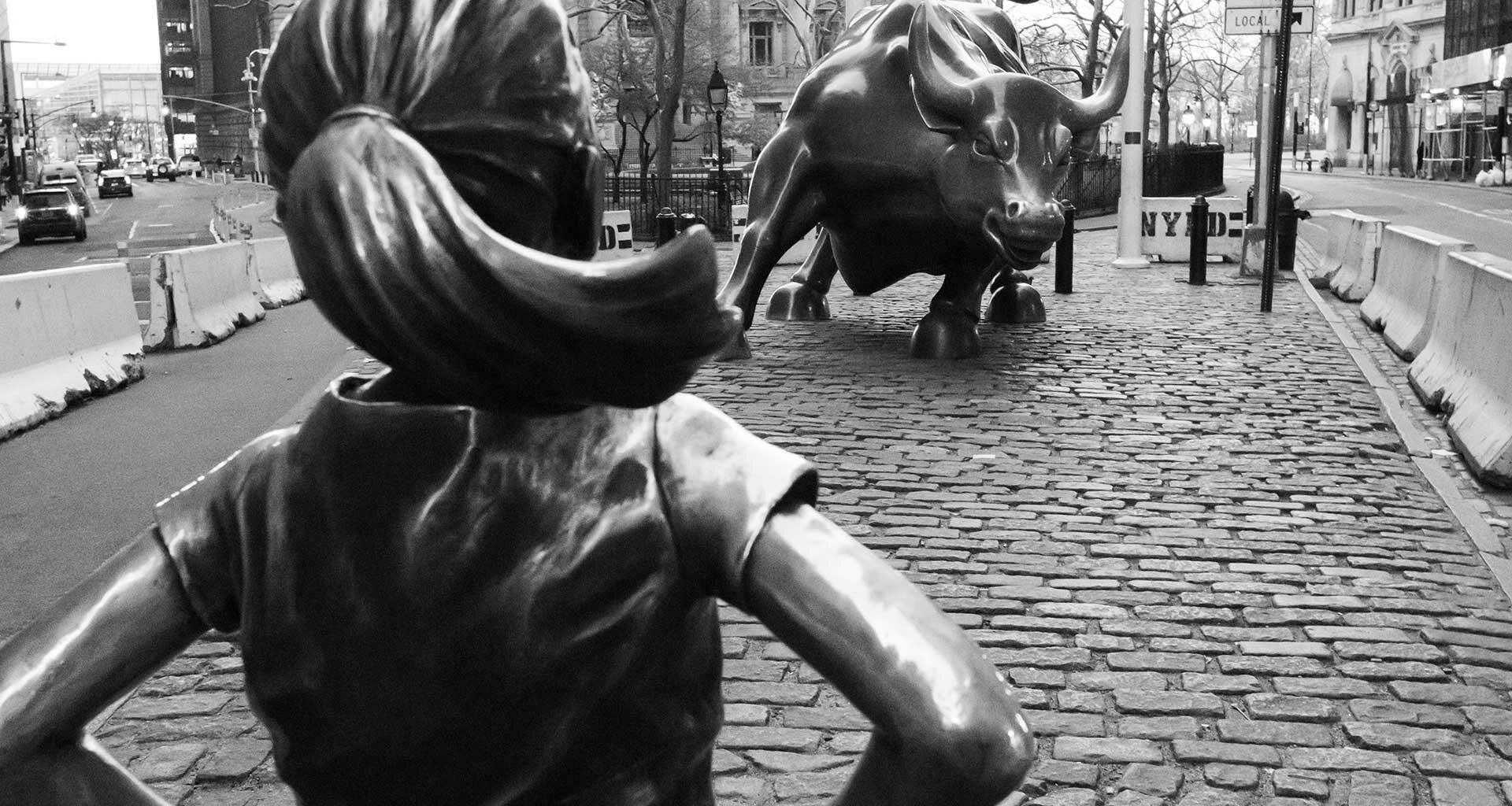Lots of people are more comfortable putting money into sports bets than into the stock market. Most of the time I’m like that way too. But occasionally not. So here’s some investing advice. It’s based on more than just the odds. It’s loyalty-based. In fact, it is loyalty.
Loyalty is not only a leading-indicator of consumer behavior, it’s also axiomatic. As loyalty increases, emotional engagement drives positive consumer behavior. As consumers behave better toward a brand, the brand – absent egregious mismanagement, catastrophic product recall, or poor PR – ought to do better too. And look, I’m the first to admit, lots of things influence the stock market. But if you knew a brand was going to sell more products this quarter than the last, there’s not really much downside giving that brand a look. Stock market-wise, I mean.
Over the past couple of decades, innovation has become one of the dominant factors in creating emotional brand engagement, and, thus, loyalty. And thus, positive consumer behavior, sales, and profitability. Every couple of years Brand Keys takes a look at which brands consumers feel are likely to innovate better to meet ever-increasing expectations. That’s axiomatic too. Brands that innovate, engender more emotional engagement, which creates more loyalty, and so on. The equation looks like this:
𝐿(𝑦)=∂𝑛𝑦∂𝑡+𝑝1(𝑡)∂𝑛−1𝑦∂𝑡+…+𝑝1−𝑛(𝑡)∂𝑦∂𝑡+𝑝𝑛(𝑡)𝑦=𝑔(𝑡)
Nah. I just googled “really difficult mathematical equation” and that came up. The real equation is much simpler and looks like this:
Innovation → Emotional Engagement X Loyalty ↑ △ = $$$ (Payday).
While it’s true innovation yields engagement, which is a loyalty multiplier that engenders increased positive consumer behavior (△), etc., etc., we haven’t worked out an all-loyalty algorithm to predict what a first-day closing-bell valuation might be. I apologize about that. But it always struck me as something investment firms, hired to handle the IPO, made up. Part category puffery and part the things dreams are made of. A dash of celebrity and voila!
Our last innovation review was November 2020. At that time we identified three, innovation taxonomies: Predictable Innovators (Netflix or Google), Mercantile Innovators (Shopify or Square), and Lifestyle Innovators (Peloton or Oatly). You probably should have invested in them. And you’ll see why. But It’s the Oatly brand I want to talk about.
Oatly got placed in the Lifestyle Innovation group because of a pretty profound shift among consumers toward more plant-based foods that mimic animal products. You know, people wanting to move beyond meat. Lo’ and behold, here was a company that wanted to make it easy for consumers to eat healthy plant-based stuff (hence the “oat” in Oatly) while not taxing the planet’s resources! Oat milk isn’t new. It was around 30 years ago. It just took three decades to come into its own. Particularly in today’s more restrictive food culture, with folks looking for food without dairy, gluten, GMOs, and/or nuts. And sure, there are other “milks.” Nestlé just introduced Wunda made from yellow peas, with a higher protein content than oats. Silk, Simplify, and Malk (yes, that’s a real name) are almond-based, the downside of which is almonds require over six times as much water to grow as oats. So bottom line? Oat “milk” is a kind of dietary-sustainability win-win.
Oatly developed an enzyme technology, simulating nature, turning fiber-rich oats into a nutritional liquid food. OK, it’s neither traditional “milking” nor “food.” So it requires a bit of “tweaking.” Enzymes are added to raw oat kernels to liquify them. Then rapeseed oil is added for flavor and consistency, along with calcium carbonate and phosphate, iodized salt, and vitamins. If that sounds kind of yukky, I’d remind you of the maxim, “Nobody actually wants to see how the sausage gets made!” The thing to remember is consumers are always looking for innovation and new products. And they’re not looking all that hard at how stuff gets concocted.
Anyway, last time we called out Peloton, which increased consumer emotional engagement, quadrupled loyalty, and quintupled profits, and, along with investors, made a gabillion dollars. It’s share price at one point was up 295%! And, yeah, it was the right product at the right time. Until it had a massive recall. Loyalty and emotional engagement assessments can’t pre-factor those in. We just know it’s not going to work out well in the short-term for the brand. Remember the “poor PR,” “mismanagement,” or “recalls” thing? The Peloton debacle was a little bit of each.
Oatly’s IPO raised $1.43 billion. With an initial public offering at $17 a share. That works out to a valuation of $10 billion. It’s trading on the Nasdaq under OTLY. And the dash of celebrity? Oprah, Jay-Z, Natalie Portman, and Howard Schultz invested. Oatly shares settled in at a 19% trading debut. I’m pretty sure you’re not going to do better at a sports bar unless you’re getting 1/5 odds. And while many things affect a stock’s price, loyalty always points you in the right direction.
BTW, other brands named in our Innovation survey: Amazon, Google, Instagram, CVS Health, and Duolingo. Along with Oatly. Do with this information what you will. But your own loyalty to brands is a critical component to any investment strategy. Who better than you knows what you’re going to buy – and buy again? Rely on your “loyalty” gut. Just avoid IPOs proffered by “the people who introduced badminton to Devil’s Island.” Just saying.
As to sports bets, sports-fan loyalty correlates very highly with TV viewership and purchase of licensed merchandise, but not with the over-under of final scores. Thought I’d say that too. My lawyer, on the other hand, would probably say, “Past performance is not a predictor of future results. Individual investment results may vary. All investing involves risk of loss.” Though I’m pretty sure professional gamblers would say the same thing about sports bets!
 Robert Passikoff is founder and CEO of Brand Keys. He has received several awards for market research innovation including the prestigious Gold Ogilvy Award and is the author of 3 marketing and branding books including the best-seller, Predicting Market Success. Robert is also a frequent contributor to TheCustomer.
Robert Passikoff is founder and CEO of Brand Keys. He has received several awards for market research innovation including the prestigious Gold Ogilvy Award and is the author of 3 marketing and branding books including the best-seller, Predicting Market Success. Robert is also a frequent contributor to TheCustomer.
Photo by Daniel Lloyd Blunk-Fernández on Unsplash.














2 comments